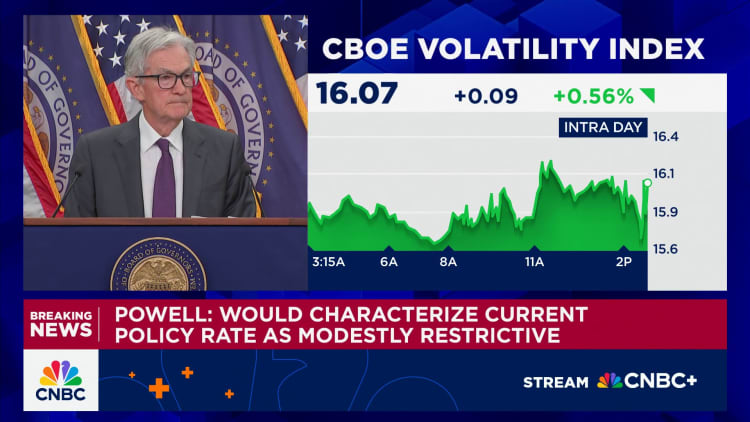The vast network of wholesalers and distributors, a critical engine contributing approximately one-third of the U.S. economy’s Gross Domestic Product, stands on the brink of significant disruption. As a pivotal tariff deadline looms, these essential businesses are bracing for a profound economic impact, signaling potential widespread price increases across various consumer goods.
Analyses from major financial institutions underscore the severity of the challenge, with estimates projecting a substantial multi-billion dollar tariff burden on this sector. This immense financial pressure is expected to disproportionately affect smaller, family-owned wholesale distribution enterprises, which often lack the financial resilience of their larger counterparts to absorb such significant cost escalations.
Persistent trade uncertainty has already created considerable obstacles within the intricate supply chain, forcing companies to adopt a cautious approach. Wholesalers and distributors, operating with inherently long lead times that often precede retail cycles by months, are finding it increasingly difficult to plan and commit to major orders, fearing being caught with depreciating or excessively costly inventory.
Concrete examples of this apprehension are already surfacing across diverse industries. The market for seasonal goods, like artificial Christmas trees, has witnessed dramatic declines in orders from retailers, a clear indication that consumer purchasing decisions are being postponed. This hesitation, if prolonged, could lead to unexpected shortages of popular holiday items and higher prices for those that do become available.
Industry leaders, such as J.D. Ewing, CEO of COE Distributing, articulate the profound implications for specific manufacturing segments, noting that the U.S. furniture industry, known for its premium cost structure, faces immense difficulty maintaining competitive pricing amidst rising import duties. Many firms are proactively mitigating risks by strategically diversifying their manufacturing bases, as evidenced by a substantial reduction in production reliance on certain foreign nations.
The compounding effect of existing and impending tariffs, coupled with new customs fees, presents a complex financial challenge for the wholesale distribution landscape. As illustrated by the escalating cost of a single chef’s knife from Japan due to layered duties, these incremental charges significantly inflate the final cost of goods, an increase that inevitably filters down to the end consumer.
Surveys conducted within the sector highlight a pervasive expectation of increased operating costs, with a significant majority of distributors anticipating a substantial rise in their cost of goods sold in the coming years. While some businesses have temporarily absorbed these pressures by cycling through older, less expensive inventory, experts confirm that such a strategy is unsustainable, making inevitable price increases a certainty for a wide array of products.






Leave a Reply